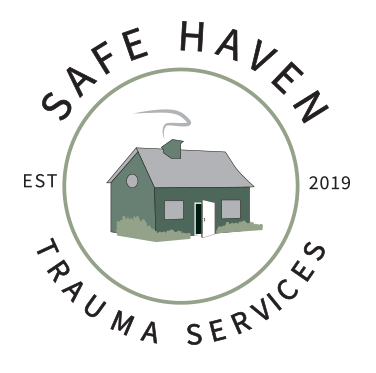DBT
Dialectical Behavior Therapy (DBT) was developed by Marsha Linehan for those struggling with Borderline Personality Disorder and others struggling with self-harm and suicidality. However, it is also beneficial to anyone who struggles with regulating intense emotions. Typically people who struggle with dysregulated emotions have found unhealthy ways of coping which might include: addiction, self-harm, eating disorders, sex addiction, relationship addiction, etc. Each of these can be used as a way to cope with difficult emotions that feel too overwhelming to tolerate. However these issues tend to help short-term, but have many negative consequences in the long-run, therefore it’s helpful to develop coping tools to replace old ineffective ways of managing emotions.
DBT consists of four modules: mindfulness, emotion regulation, distress tolerance, and interpersonal effectiveness. Mindfulness skills involve learning how to pay attention to one thing in the moment. They allow you to put a pause between trigger and reactive behavior, allowing you to make informed decisions. This is especially helpful for those who struggle with impulsivity. Emotion regulation skills help a person to identify emotions and learn how to regulate them over time. Distress tolerance skills are often referred to as “crisis survival skills.” These are quick, go-to ways of decreasing highly distressing emotions. They don’t take a whole lot of thought and are easy to access in the moment. Finally, interpersonal effectiveness skills teach you how to interact with people effectively to get what you want and to form and keep close relationships.
DBT is often helpful as an adjunct to other therapeutic modalities. Those with trauma histories often struggle to manage extreme emotions and interpersonal relationships. DBT skills can be helpful in Stage 1 of trauma treatment: safety and stabilization. For some, DBT may be a helpful way to stabilize crisis behaviors before proceeding to trauma processing work.
*Note: Although we have an adherently DBT training therapist on staff, we are not a DBT practice. If you are looking for full-comprehensive DBT including phone coaching, therapist consultation team, individual DBT therapy, and DBT group skills training, we may not be the best fit for you. We provide DBT groups and teach skills in individual therapy as part of an integrative approach. However, we believe in the importance of processing the deeper issues that are driving your behaviors and use EMDR, hypnosis, CRM, IFS etc. to do so.

